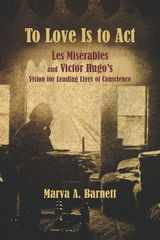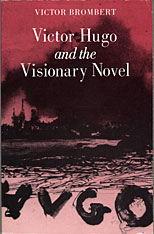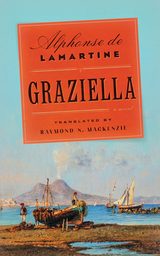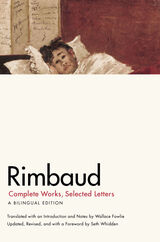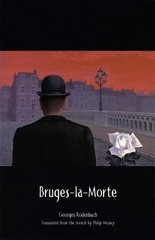The translation is outstanding, and the collection (arranged according to the French writer's own plan) makes available in English a much fuller sample of Mallarmé's remarkable and influential prose writings than was previously available. This book makes a major contribution to modern literary studies and aesthetics.
-- Kevin McLaughlin, Brown University
All Barbara Johnson's critical work over the years on modern French poetry and on Mallarmé in particular informs her handling of each syntactically complex phrase, each tenuous preposition, each ellipsis, each shift in tone, each aside, each mild joke. It has been not only a pleasure but very often a revelation to me to read through this translation. Barbara Johnson's Divagations are going to launch a stunning, vital (by no means transparent) Mallarmé not seen before.
-- Ann Smock, author of What Is There To Say?
For Mallarmé, poetry is more than words on a page; it is at the center of what it means to be human. An appreciation of music, painting, and poetry is inextricably interwoven with his comments on the works of German composer Richard Wagner and French painter Edouard Manet. Mallarmé's writings are in a dense, rich, hypnotic prose.
-- Anthony Pucci Library Journal
[A] lustrous new English translation...[A] remarkable book [and a] wise translator...I don't know whether I've expressed excitedly or lucidly enough my sense of this translation's importance.
-- Wayne Koestenbaum Bookforum
Johnson is among the world's foremost Mallarmé scholars, and this translation of "the author's 1897 arrangement" of this work, "together with 'Autobiography' and 'Music and Letters,'" is an unequivocal tour de force. Mallarmé's French echoes through and the English sounds authentic and coherent. But the fact that this translation is Johnson's reading of Mallarmé is its chief value. And this is why Mallarmé scholars who read Mallarmé in French will look at it and why scholars of comparable periods in English-language literatures and performance arts will consult it for Mallarmé's commentaries. In addition, Johnson's rendering of Mallarmé's voice will undoubtedly interest translation theorists. Surely this is the way Mallarmé must have sounded to the English speakers intermittently translating what he was saying as he held forth at his Tuesday evening receptions: witty and insightful, to be sure, but sometimes pretentious and fatuous.
-- M. Gaddis Rose Choice
Reading Divagations today, we see how resonantly [Mallarmé's] world rhymes with ours: inequality, sleaze, financial crashes, terrorism and state repression, along with an acute sense of the spectacular nature of modern life, its commodity-fetishism and materialism, its paradoxes of plenitude and emptiness. Key to Mallarmé's thinking is his refusal of those two great late-nineteenth-century paradigms, those mutually stabilizing opposites: Progress and Decline. He enjoys the democratization of luxury and beauty brought about by mass production, and does not denounce the glitter of fancy goods and their ephemeral pleasures. Nor does he "buy into" the belief that capital will always right itself or that science and technology guarantee social progress...Barbara Johnson has accomplished an exemplary work of translation, not just by making this important book available to non-French readers, but by carrying off Mallarmé's uniquely eccentric prose style without flattening or straightening it out...Where Mallarmé's poems strip away all that is not poetry, his prose brings it back into the fold, incorporates and recycles it. Recycling being the pragmatist's alchemy, and Mallarmé being more of a pragmatist than we allow, Divagations can be read as the great recycling project that balances out the alchemy of his poetry.
-- Patrick McGuinness Times Literary Supplement








